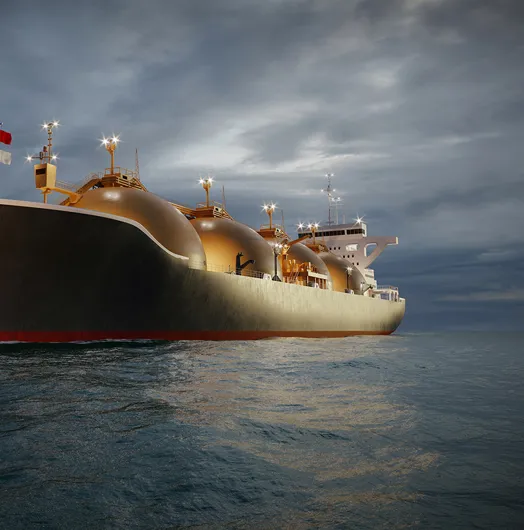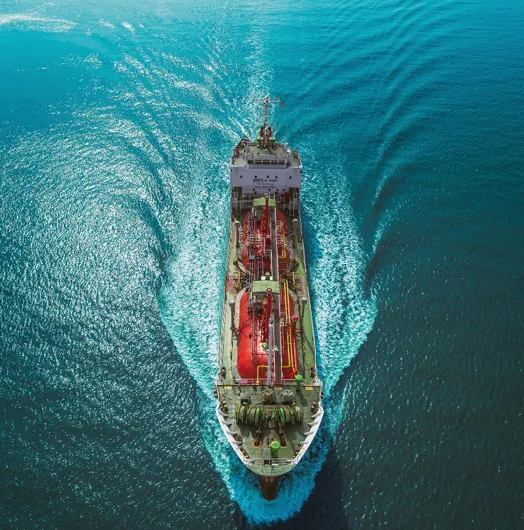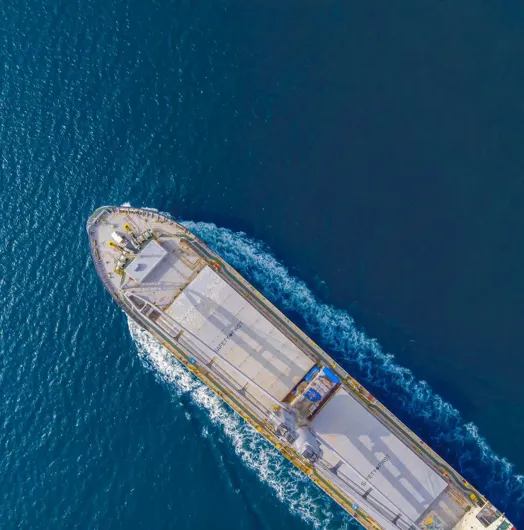
What are the carbon storage awards and what does it mean for shipping?
In 2019, the UK government committed to a 100% reduction in greenhouse gas emissions by 2050 compared to 1990 levels. This net zero target, aimed at tackling climate change, has prompted significant developments in the country’s carbon capture and storage (CCS) efforts. In September 2022, the latest round of NSTA licence applications closed, with the details of awarded licences confirmed in September 2023.

Cheers for Dutch CCS Project FID
There were cheers, literally, from the audience at the recent Carbon Capture & Storage Association (CCSA) conference in London when news broke that midstream player Gasunie and its fellow Dutch state-controlled partners had taken FID on the E1.3 billion Porthos CO2 transport and storage venture, the most advanced carbon sequestration project in the Netherlands.

Emerging Players and Projects in UK Carbon Storage
In September 2022, the most recent round of NSTA licence applications closed. Reports have been circulating since late this spring about the likely awardees, but it was only a year later, in September 2023, that details were finally confirmed.

